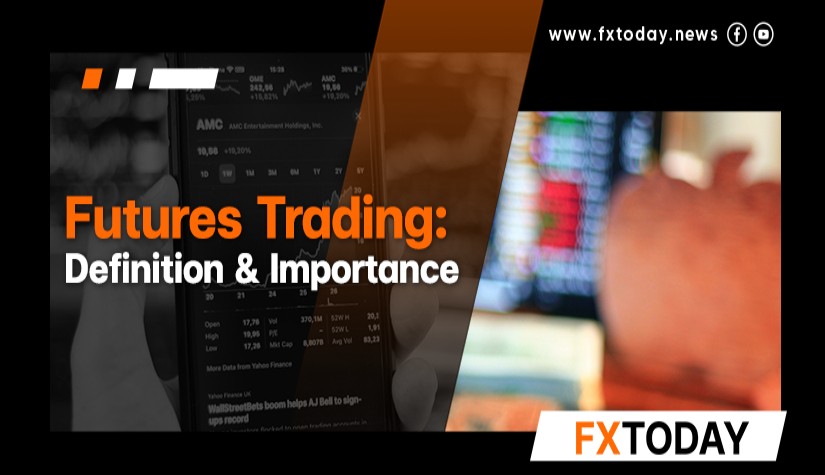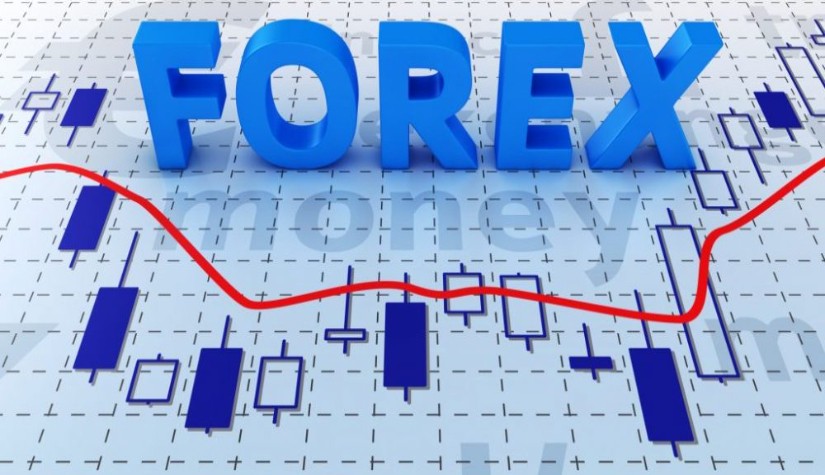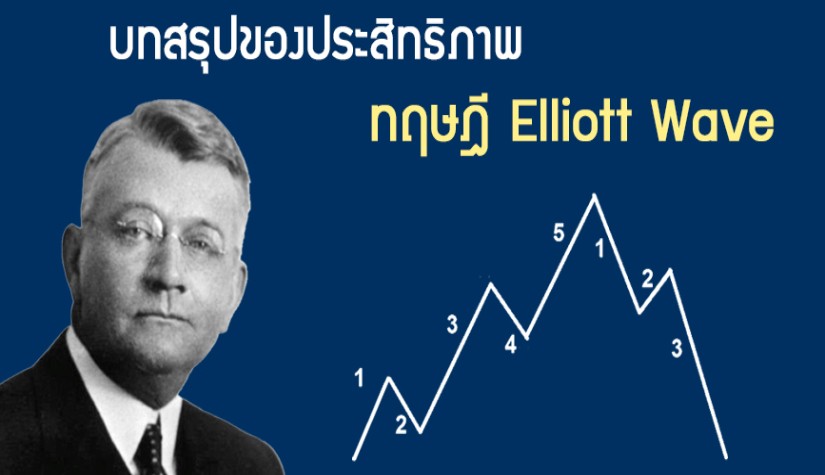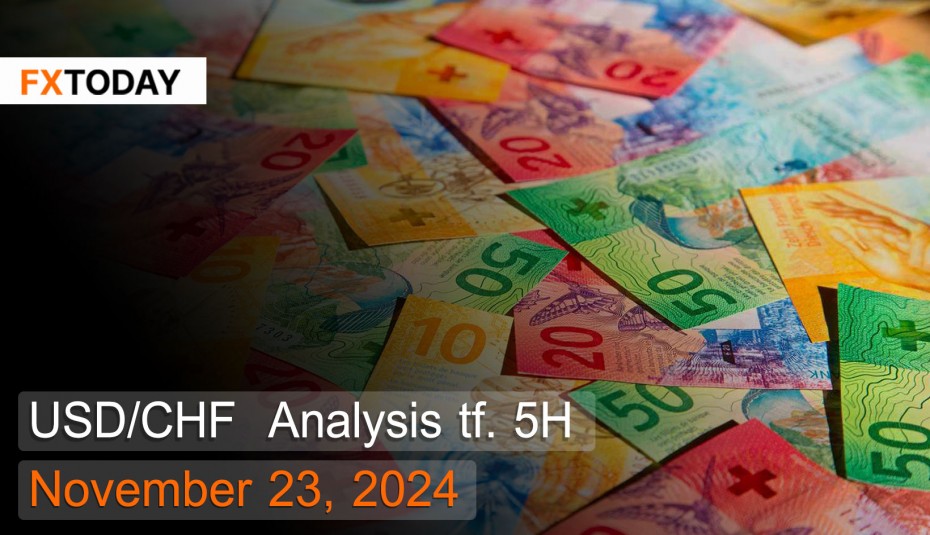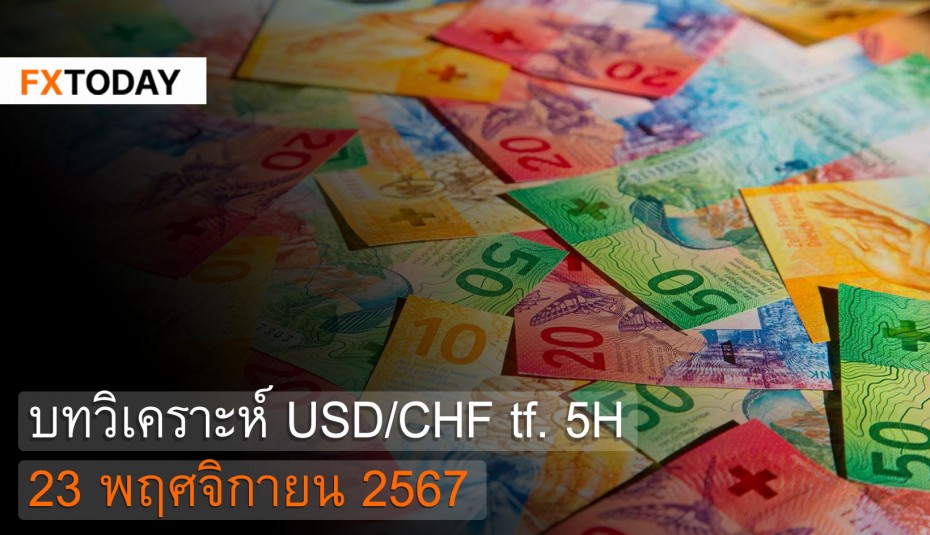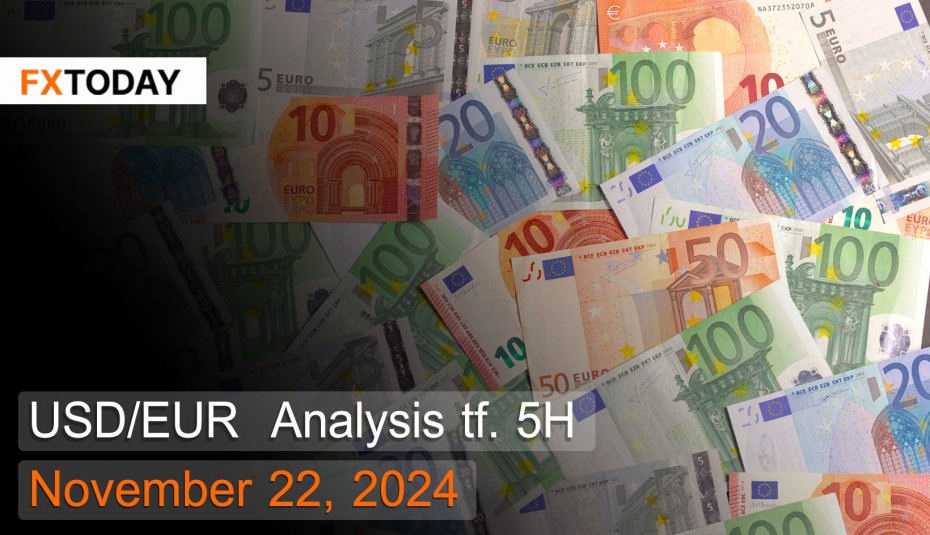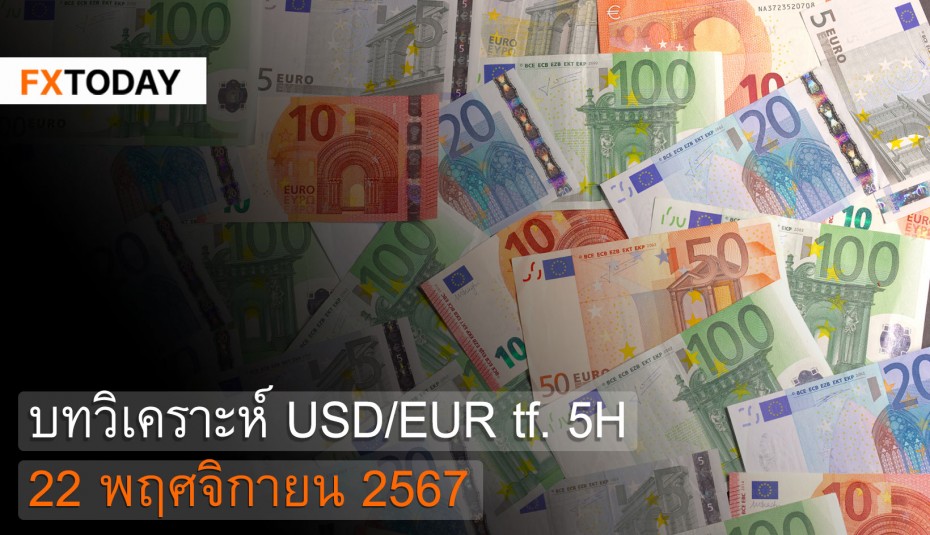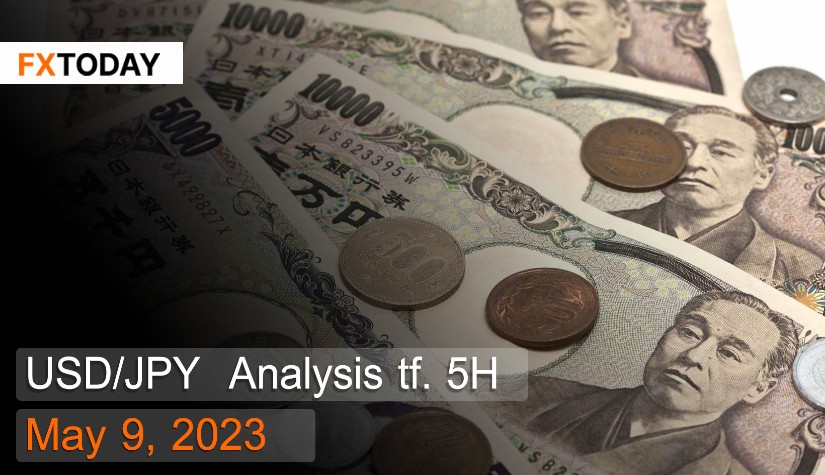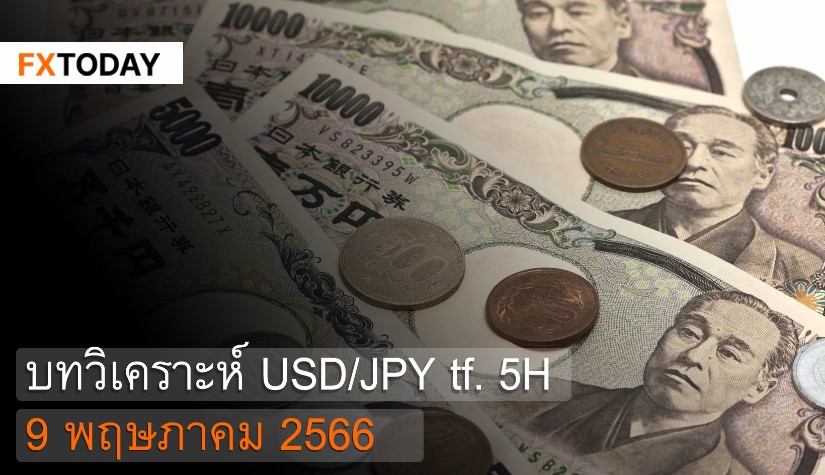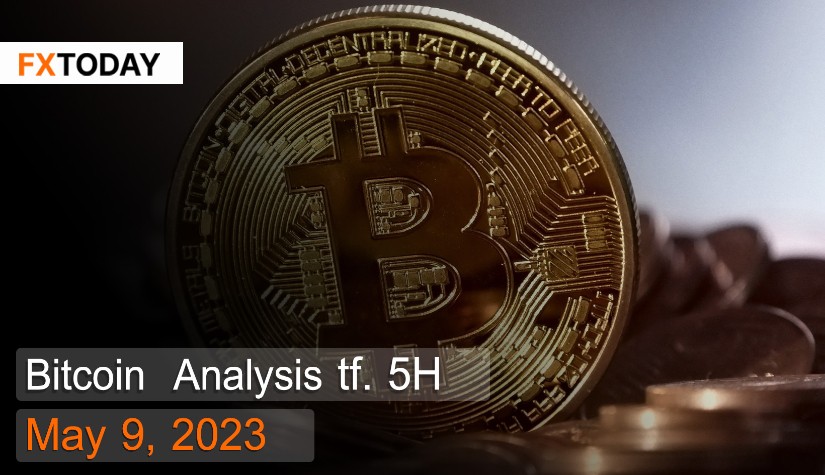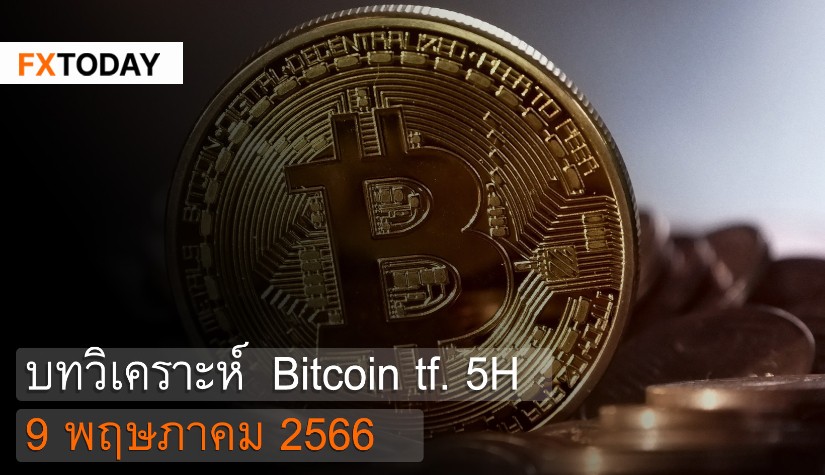Most profits in the investing market are made by buying a cheap asset and holding it until the price rises to the goal level. Nowadays, the investment industry has invented Future Contract or Future Trading. It is a new kind of investment that allows investors to benefit quickly from rising and falling markets.
Futures Contract
A futures contract is an agreement between a buyer and a seller. It is priced currently but will be sold in the future. This contract has a fixed date and time. Moreover, it must be exchanged following the contract terms, regardless of whether the price goes up or down. Importantly, the contract cannot be changed or canceled under the circumstances. Future contracts have no inherent worth. However, their value is determined by the asset or variable to which they link, known as the underlying asset.
Most goods that are always traded on foreign markets are commodities: gold, crude oil, rice, rubber, stocks, CFDs , as well as bonds.
Making a Futures Contract Position
Genuinely, making a future contract position is possible for both the buyer and seller. Nevertheless, a buyer's position is referred to as a long position. On the other hand, the position of the seller is known as a short position. Significantly, A broker will work as a middleman for this trading.
Advantages of Futures Trading
1. Future trading can make profits in both up and down markets. For instance, if you predict that the asset's price will grow in the future, you would place a long position (buy). In contrast, if the asset's price is likely to decline in the future, a short position (sell) should be placed.
2. Futures trading needs less money than traditional trading because it has leverage to increase trading power. However, you should remember that the larger the leverage, the higher the risk. For example, if you want to buy 5 gold bars at $2,000 each, you will need a total of $10,000. However, if you use a leverage of 1:100, you only need $100 to buy gold bars.
If the price of gold bars climbs to $ 2,010 per bar, you will make a 50% profit. Thus, with $100, you will make a $50 profit. If the price of gold falls to $1990, you will lose 50% of your investment. Thus, with $100, you will lose $50.
The Effects on the Economy
Futures trading enables companies to lock in pricing, which is advantageous for buyers and sellers. For example, shipping companies can use futures contracts to lock gasoline prices. Price locking enables transportation businesses to budget more effectively if they must rely on market oil prices. Moreover, futures contracts are used by farmers to lock in the selling price of their livestock or crops.
It also assists farmers in planning the transfer of products under the contract. Therefore, farmers can more appropriately plan their future profits and expenses without worrying about shifting consumer needs and other uncertainties.
Conclusion
Future trading is a contract between a buyer and a seller in which the delivery date and price are set from the date of the agreement. Significantly, this contract can never be changed or canceled. Future trading also helps you to plan and manage the organization's financial statements.
____________________________________________
Maximize your knowledge: Articles
Keep up to date on global events: News
Explore in-depth analysis: Technical Analysis

